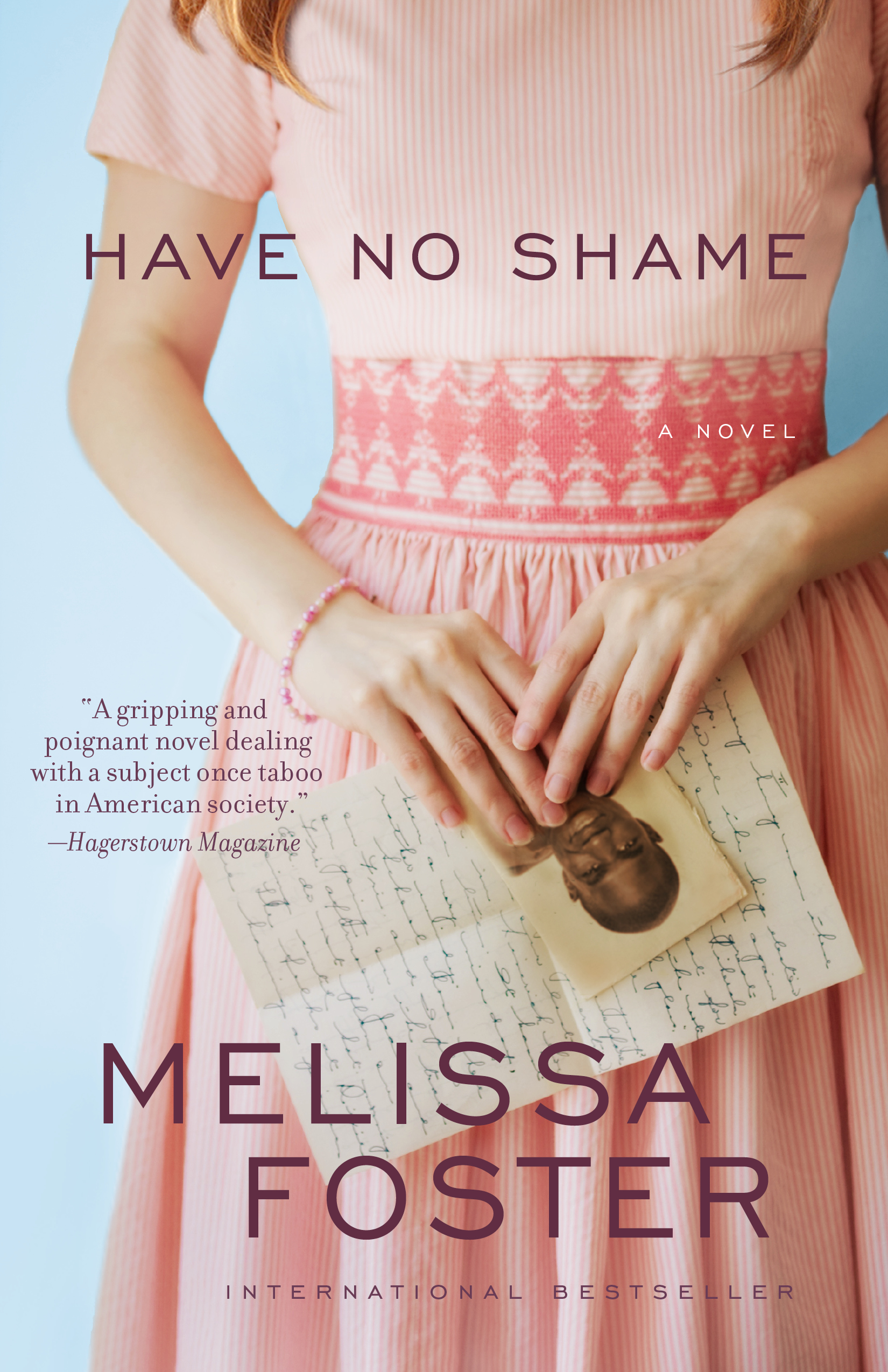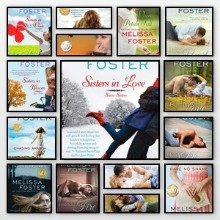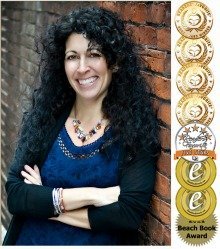
Chapter One
It was the end of winter 1967, my father was preparin’ the fields for plantin’, the Vietnam War was in full swing, and spring was peekin’ its pretty head around the corner. The cypress trees stood tall and bare, like sentinels watchin’ over the St. Francis River. The bugs arrived early, thick and hungry, circlin’ my head like it was a big juicy vein as I walked across the rocks toward the water.
My legs pled with me to jump from rock to rock, like I used to do with my older sister, Maggie, who’s now away at college. I hummed my new favorite song, Penny Lane, and continued walkin’ instead of jumpin’ because that’s what’s expected of me. I could just hear Daddy admonishin’ me, “You’re eighteen now, a grown up. Grown ups don’t jump across rocks.” Even if no one’s watchin’ me at the moment, I wouldn’t want to disappoint Daddy. If Maggie were here, she’d jump. She might even get me to jump. But alone? No way.
The river usually smelled of sulfur and fish, with an underlyin’ hint of desperation, but today it smelled like somethin’ else all together. The rancid smell hit me like an invisible billow of smog. I covered my mouth and turned away, walkin’ a little faster. I tried to get around the stench, thinkin’ it was a dead animal carcass hidin’ beneath the rocks. I couldn’t outrun the smell, and before I knew it I was crouched five feet above the river on an outcroppin’ of rocks, and my hummin’ was replaced by retchin’ and dry heavin’ as the stench infiltrated my throat. I peered over the edge and fear singed my nerves like thousands of needles pokin’ me all at once. Floatin’ beneath me was the bloated and badly beaten body of a colored man. A scream escaped my lips. I stumbled backward and fell to my knees. My entire body began to shake. I covered my mouth to keep from throwin’ up. I knew I should turn away, run, get help, but I could not go back the way I’d come. I was paralyzed with fear, and yet, I was strangely drawn to the bloated and ghastly figure.
I stood back up, then stumbled in my gray midi-skirt and saddle shoes as I made my way over the rocks and toward the riverbank. The silt-laden river was still beneath the floatin’ body. A branch stretched across the river like a boney finger, snaggin’ the bruised and beaten body by the torn trousers that clung to its waist. His bare chest and arms were so bloated that it looked as if they might pop. Tremblin’ and gaspin’ for breath, I lowered myself to the ground, warm tears streamin’ down my cheeks.
While fear sucked my breath away, an underlyin’ curiosity poked its way through to my consciousness. I covered my eyes then, tellin’ myself to look away. The reality that I was seein’ a dead man settled into my bones like ice. Shivers rattled my body. Whose father, brother, uncle, or friend was this man? I opened my eyes again and looked at him. It’s a him, I told myself. I didn’t want to see him as just an anonymous, dead colored man. He was someone, and he mattered. My heart pounded against my ribcage with an insistence—I needed to know who he was. I’d never seen a dead man before, and even though I could barely breathe, even though I could feel his image imprintin’ into my brain, I would not look away. I wanted to know who had beaten him, and why. I wanted to tell his family I was sorry for their loss.
An uncontrollable urgency brought me to my feet and drew me closer, on rubber legs, to where I could see what was left of his face. A gruesome mass of flesh protruded from his mouth. His tongue had bloated and completely filled the openin’, like a flesh-sock had been stuffed in the hole, stretchin’ his lips until they tore and the raw pulp poked out. Chunks of skin were torn or bitten away from his eyes.
I don’t know how long I stood there, my legs quakin’, unable to speak or turn back the way I had come. I don’t know how I got home that night, or what I said to anyone along the way. What I do know is that hearin’ of a colored man’s death was bad enough—I’d heard the rumors of whites beatin’ colored men to death before—but actually seein’ the man who had died, and witnessin’ the awful remains of the beatin’, now that terrified me to my core. A feelin’ of shame bubbled within me. For the first time ever, I was embarrassed to be white, because in Forrest Town, Arkansas, you could be fairly certain it was my people who were the cause of his death. And as a young southern woman, I knew that the expectation was for me to get married, have children, and perpetuate the hate that had been bred in our lives. My children, they’d be born into the same hateful society. That realization brought me to my knees.

 Melissa Foster is a New York Time and USA Today bestselling and award-winning author. She writes contemporary romance, new adult, contemporary women's fiction, suspense, and historical fiction with emotionally compelling characters that stay with you long after you turn the last page.
Melissa Foster is a New York Time and USA Today bestselling and award-winning author. She writes contemporary romance, new adult, contemporary women's fiction, suspense, and historical fiction with emotionally compelling characters that stay with you long after you turn the last page.